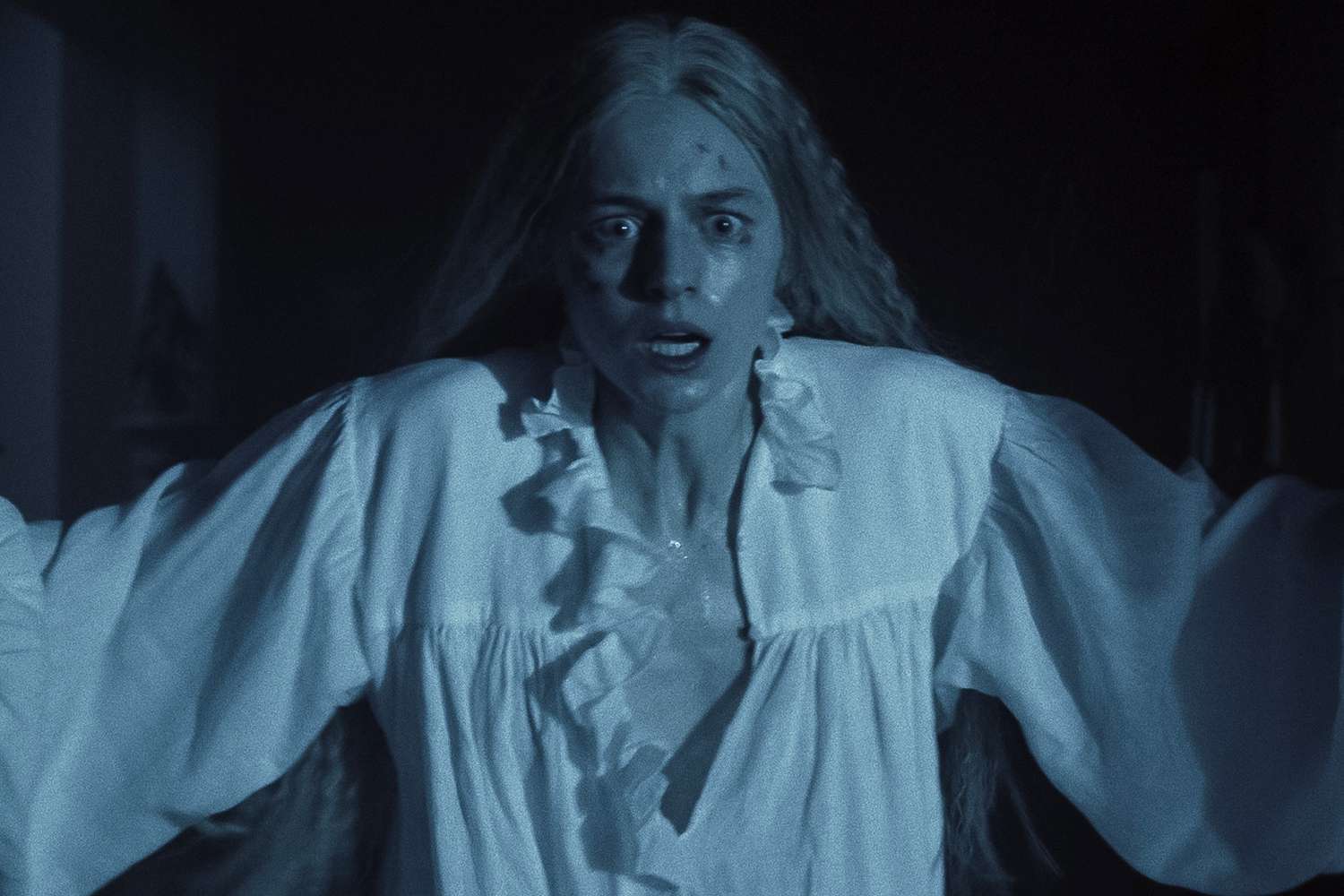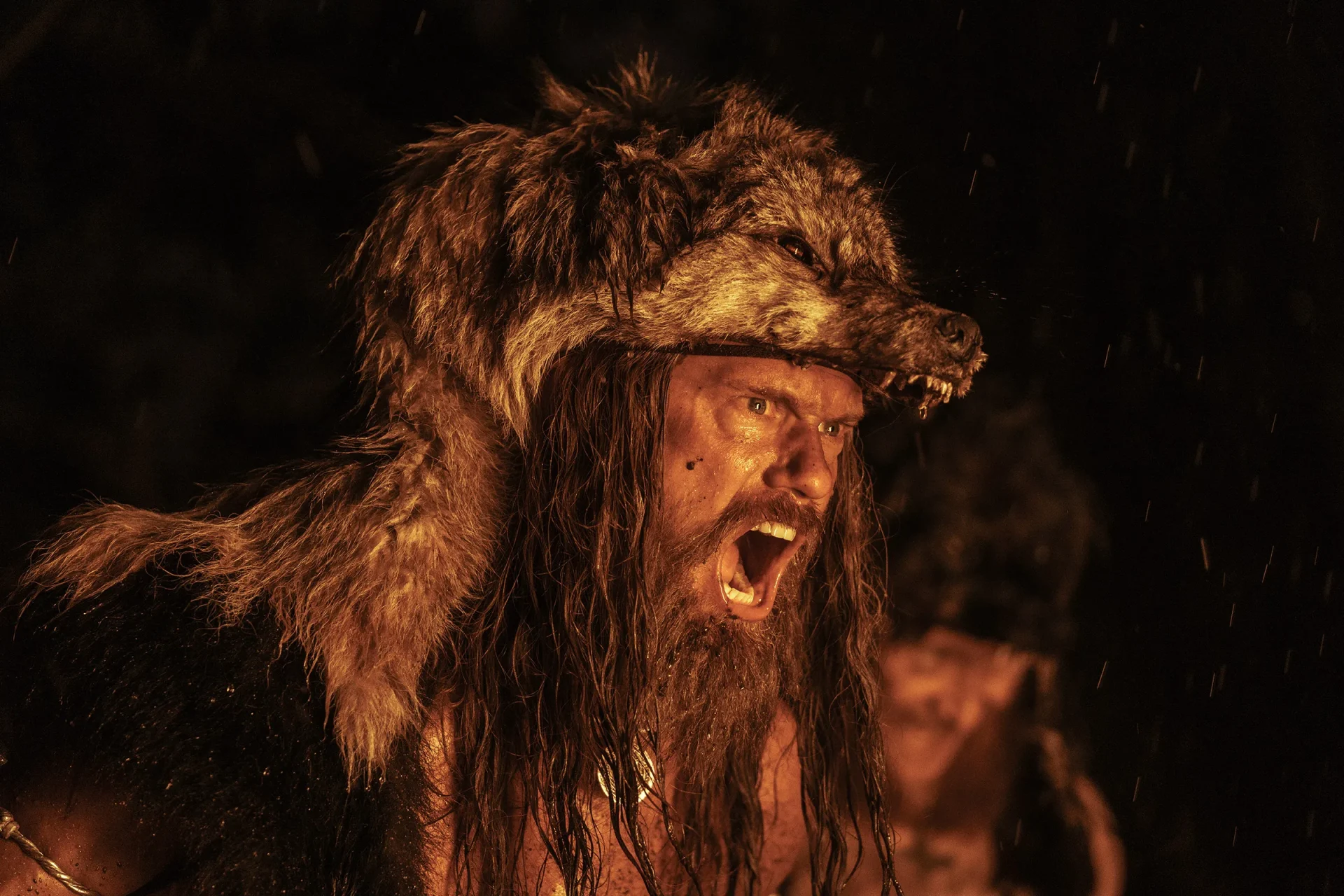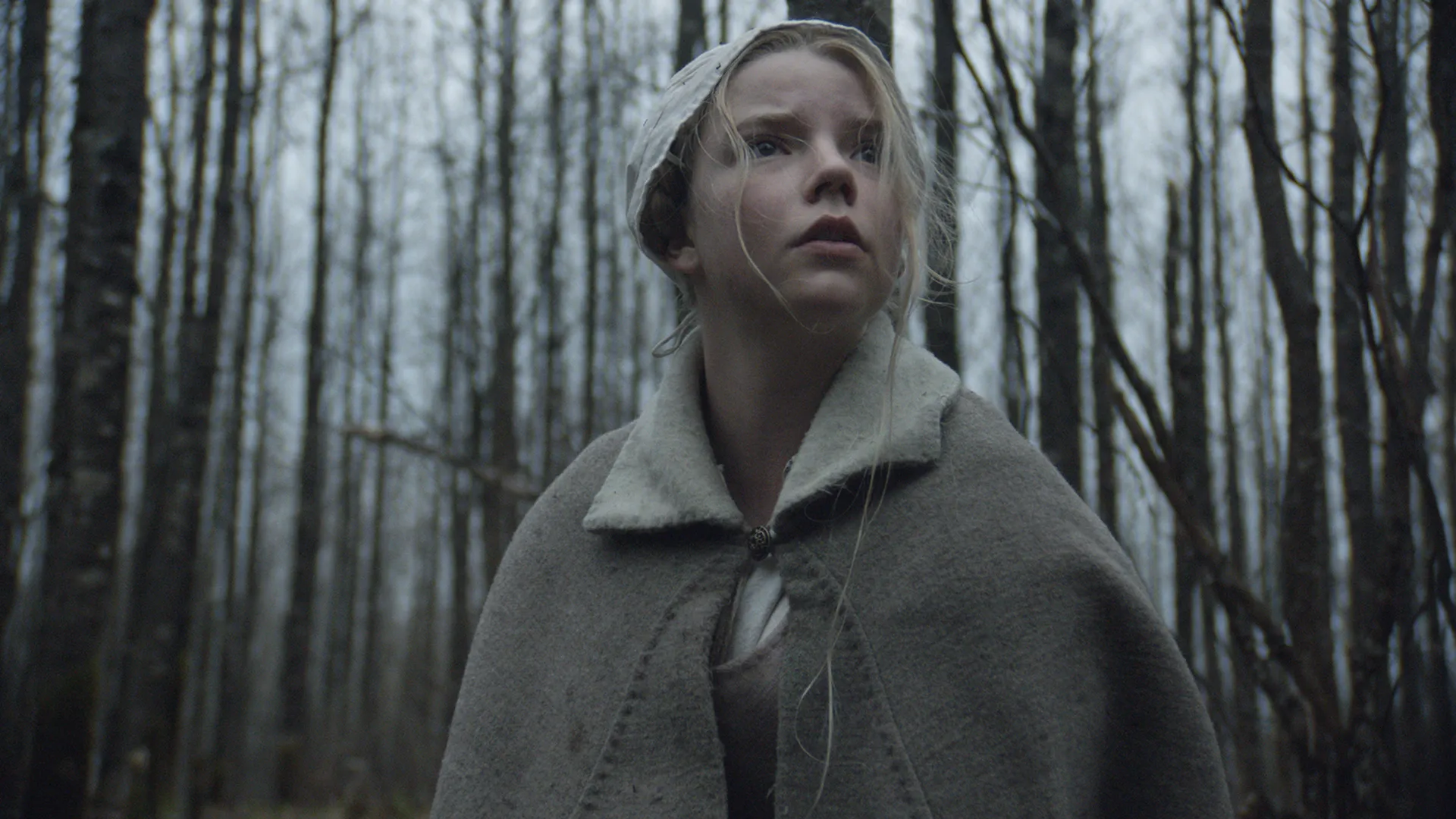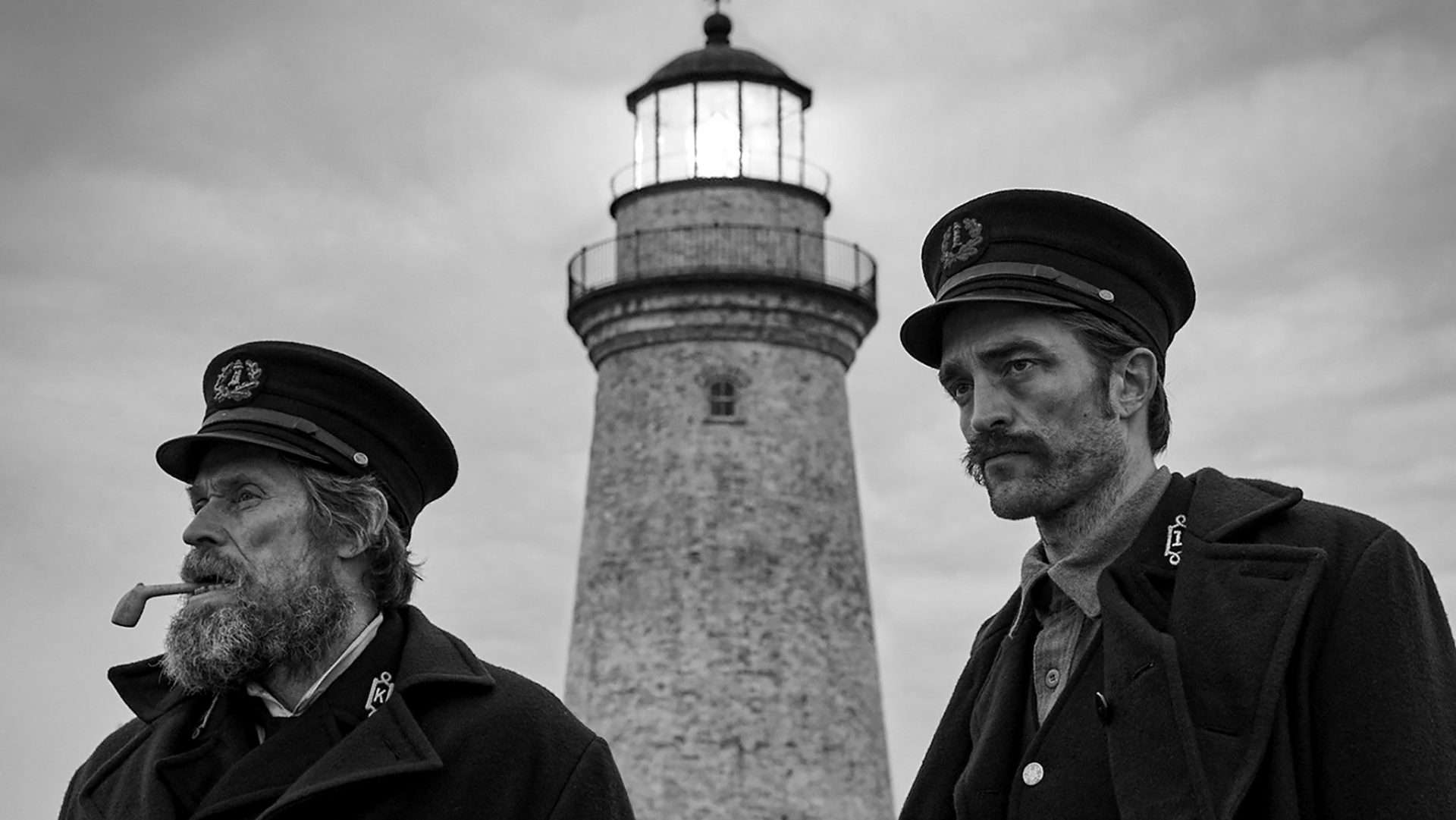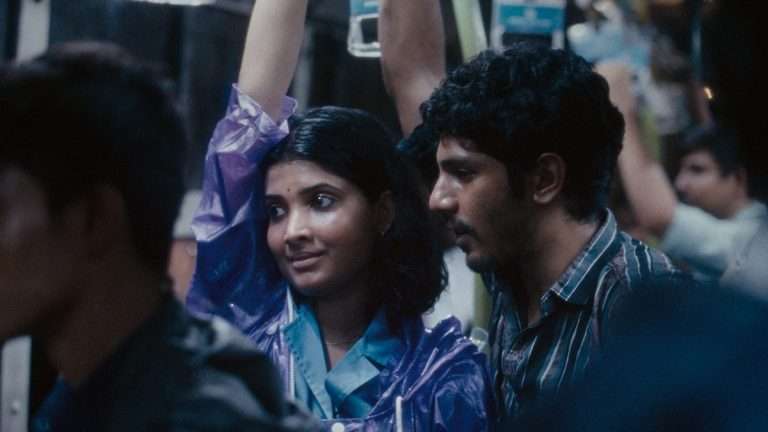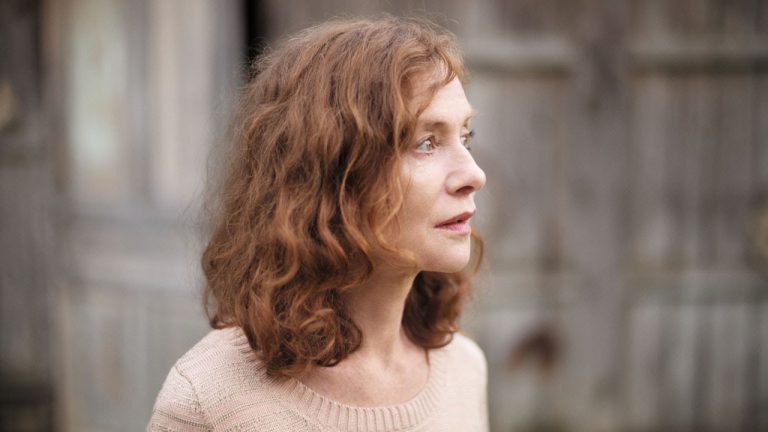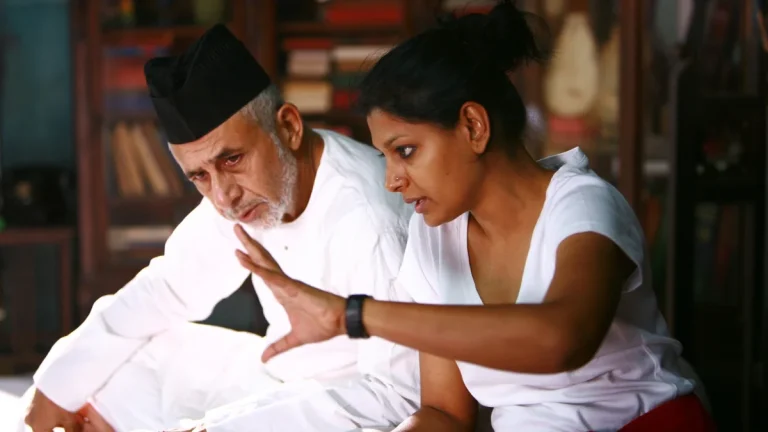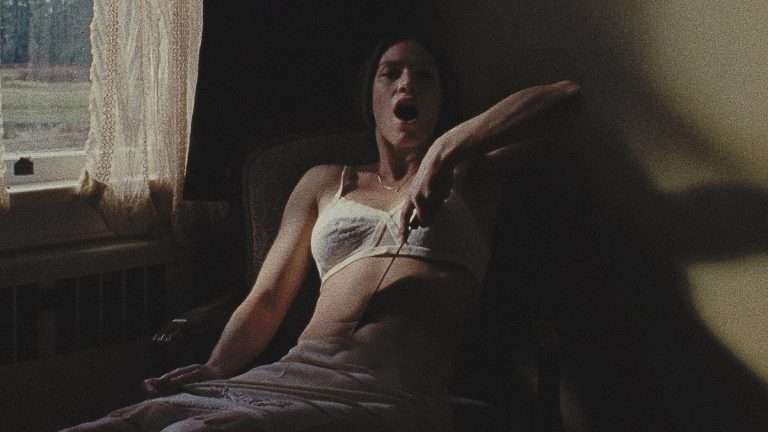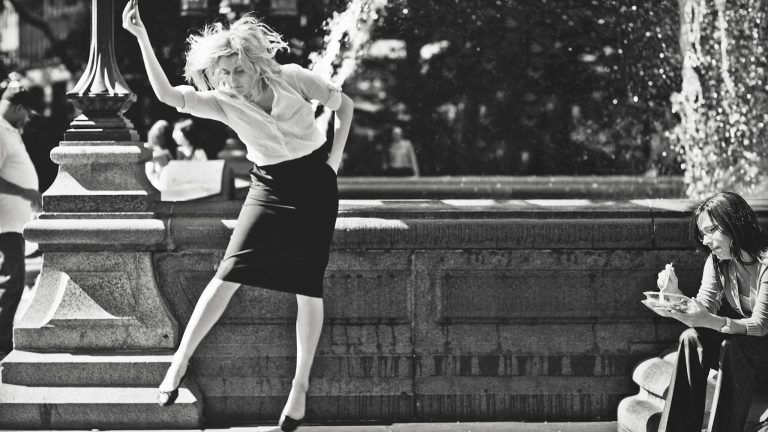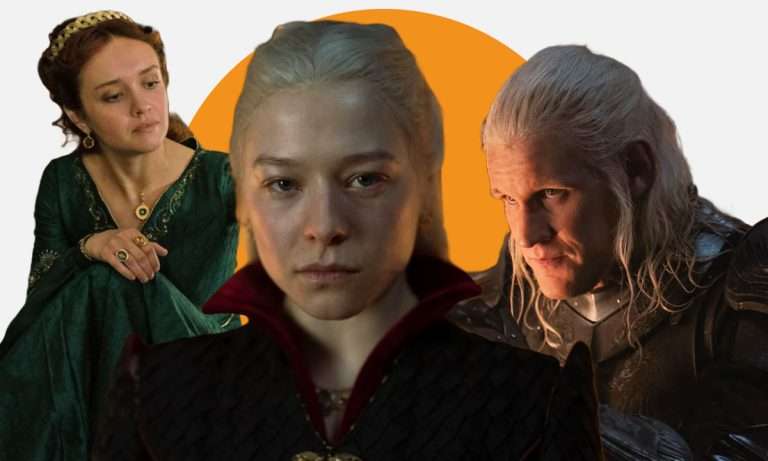The past decade has seen the emergence of many exciting horror filmmakers who have taken a supposedly “elevated” approach to the genre. Ari Aster has used frightening stories to examine interpersonal relationships, Mike Flanagan has highlighted the grief-stricken mundanity of isolation, and Jordan Peele has proven to be an insightful social critic and then there is Robert Eggers.
Eggers has instantly established a tone and style that feels entirely singular. Robert Eggers’ exploration of historical eras has yielded fantastic results, as the level of production design, visual storytelling, and breathtaking audio enhancements has been absolutely immersive and one of its kind.
Eggers’ films do not feel derivative of each other, as each touches on a different form of classical storytelling. However, there are common themes that have become apparent within his body of work; Eggers seems to be interested in how legends emerge over time, and how telling stories has served as a means of coping with societal pressures.
There aren’t many filmmakers working today who have been able to accomplish so much individually as Eggers has, as even his earliest films showed a mastery of the craft that stood out. Eggers is yet to make a bad film, and it is exciting to imagine his subsequent masterpieces. Here is every Robert Eggers film, ranked from worst to best.
4. Nosferatu (2024)
Eggers’ update of “Nosferatu” certainly owes a lot to the striking visuals of the 1922 classic, and borrows much of its surrealist imagery from Werner Herzog’s underrated reinterpretation from 1979. That being said, Eggers’ film does not feel derivative due to the extent to which he examines the psychosexual allusions that are inherent to vampire stories.
The subtext is certainly there for those who are willing to look for it, but Eggers also shows his capacity to make a more broadly accessible horror film that is determined to disgust even the most hardened horror buffs. To say that the film is “campy” is not an insult, as Eggers inserts enough blatantly ridiculous moments to remind his audience that the “Nosferatu” story is, and always will be, a fable.
Despite the inherent ugliness of its world, “Nosferatu” is a gorgeous film with elaborate production design, terrific costumes, and a spooky atmosphere that is not reliant on jump scares. However, the most impressive effect in the film is the visceral, demented performance by Lily Rose-Depp, whose full-throttled commitment is more worthy of accolades than anything else.
3. The Northman (2022)
Essentially a new interpretation of the William Shakespeare tragedy “Hamlet” set in the age of Vikings, “The Northman” merges a bloodcurdling story of revenge with the type of visceral horror and surrealist imagery that one would expect from Eggers. There is certainly room for a mainstream audience to appreciate the sheer scope of Robert Eggers’ ruthlessly violent action scenes, but the hard pivot towards dreamlike existentialism in the third act indicates that “The Northman” is still geared towards arthouse fans.
“The Northman” is remarkably well-paced for a film that contains so many characters, and manages to feel as epic as classics like “Gladiator” or “Braveheart,” despite being made with a significantly less budget. Eggers is certainly a cynic when it comes to his assessment of human nature, and the dark comedy of errors makes “The Northman” more compelling than a more traditionalist approach would have been. It’s also a testament to Eggers’ ability to get truly deranged performances from A-list stars, with Nicole Kidman’s venomous maternal figure standing out as one of his most memorable antagonists.
2. The Witch (2015)
“The Witch” is a modern classic within the folk horror canon that is worthy of comparisons to “The Wicker Man” or “Sleepy Hollow.” While it is a subgenre that is best known for its striking aesthetics, Eggers shows a keen interest in examining how secular communities mask unheralded evil through isolation.
“The Witch” offers a very different perspective on the origins of North American civilizations with a story that examines satanic curses impacting religious Puritans. Eggers has no room for metaphors within this terrifying tale, as it is confirmed very early on that there is something deeply evil lurking in the woods.
“The Witch” shows Eggers’ resistance to the cliches that have become rampant within modern horror; there aren’t cheap jump scares intended to provide incidental shock, as the film gradually grows in suspense until the terrifying conclusion. It’s remarkably well-acted by a cast that adapts to the highly nuanced language which makes the period details feel so authentic. This was the film that introduced Anya Taylor-Joy who later transformed into one of the definitive scream queens of her generation.
1. The Lighthouse (2019)
“The Lighthouse” is a film so relentlessly entertaining and removed from constraints that it feels like a miracle that Eggers was able to find a studio interested in financing it and an audience that felt emboldened to see it. Robert Eggers has always been thought of as a filmmaker strictly interested in horror, but “The Lighthouse” toggles between dark comedy, classical adventurism, and existentialist surrealism in a way that indicates that he is freed from any genre constraints.
It helps that the film stars two actors who have shown complete bravery in taking on the most baffling projects imaginable; Robert Pattinson is more than willing to come off as an embarrassed fool, and Willem Dafoe crafts what may be the single wildest performance within his eccentric career.
“The Lighthouse” is a visual masterpiece, as every single frame feels calculated to be as memorable as possible. Eggers ensures that the use of black-and-white is not a gimmick, as the stark contrast within the visual language allows the film to occupy a strange void between life and death. It’s hilarious, haunting, and layered with meaning.

